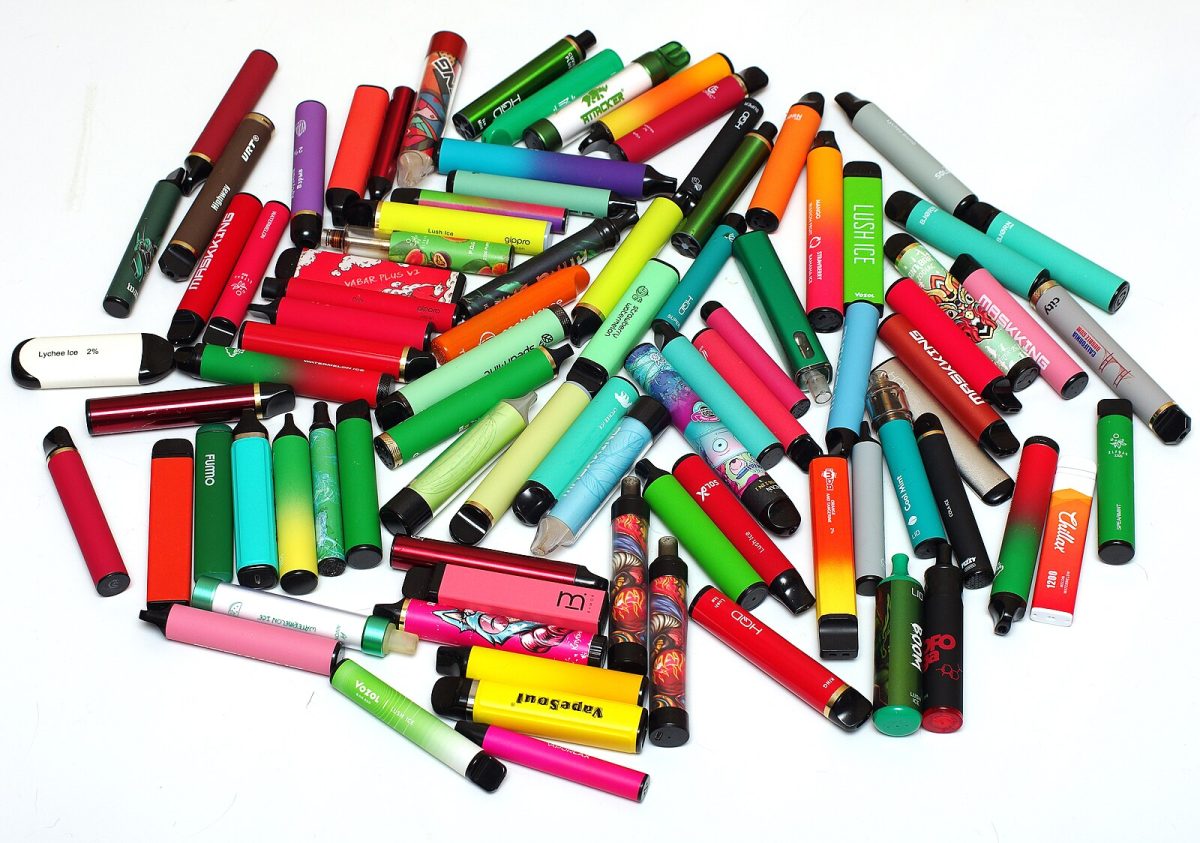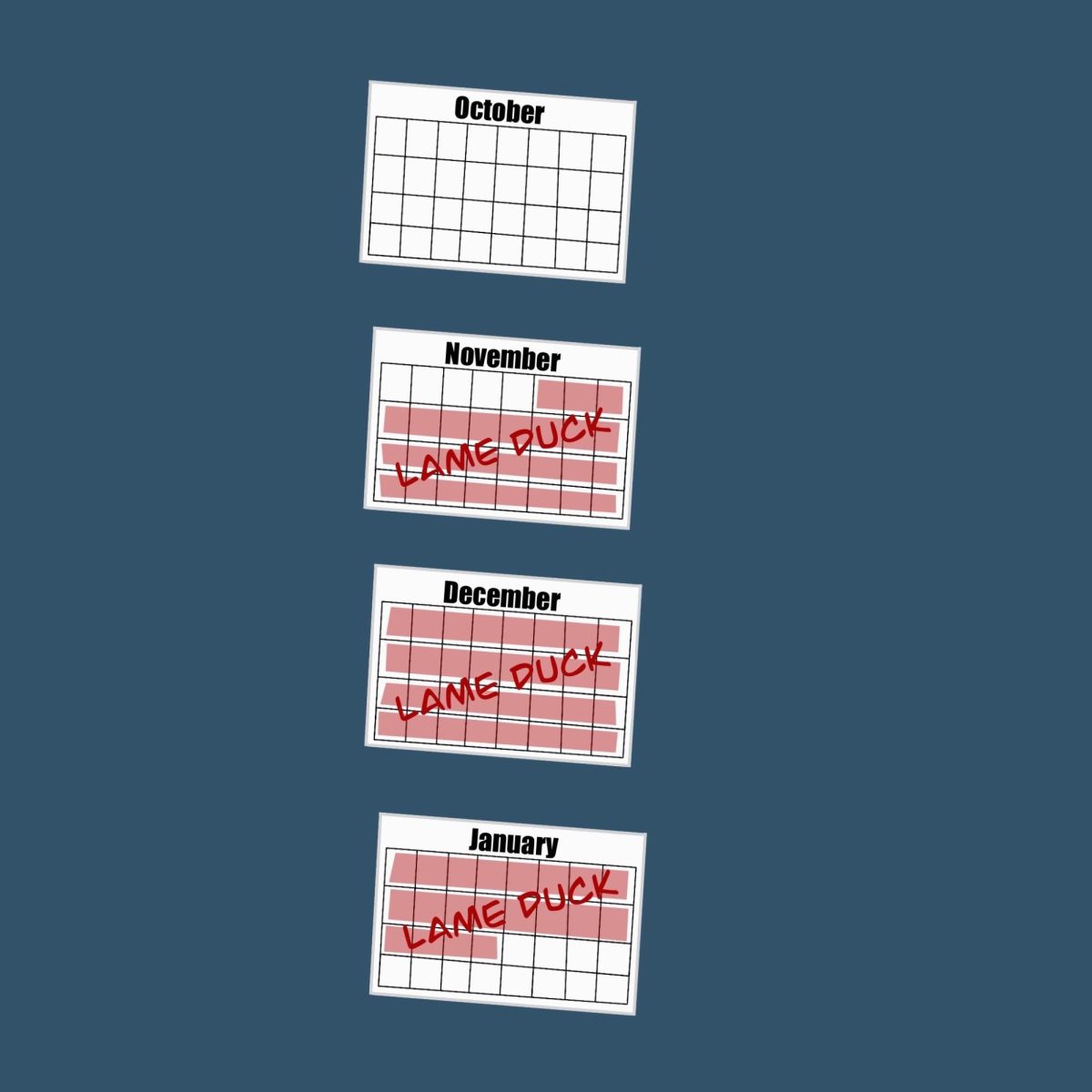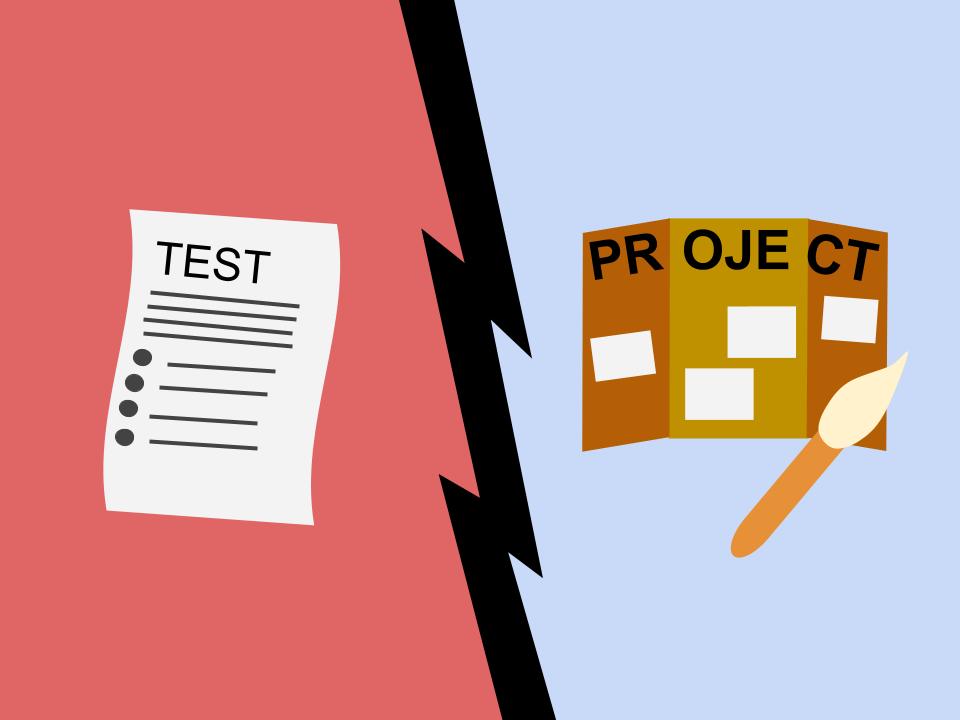Students should get job experience
By Katie Earles
While every child should have the opportunity to lounge by the pool and frolick in the wilderness at a sleepaway summer camp, many high schoolers often opt for a more financially beneficial way to spend their summer.
While I’m sure virtually everyone would rather spend their time getting a tan than waiting tables, the hard truth is that high schoolers want to buy stuff, and they have no money. Having school eight hours a day, 10 months a year makes earning money rather difficult, especially for those who participate in extracurricular activities. The best solution? Get a summer job. But keep in mind that, like any job, it should be something that is enjoyable. While unpaid internships provide a way for students to dive into a subject they are interested in, they do not offer the real-life experiences of working and earning money, which are vital skills needed to survive in the real world.
High schoolers want to buy plenty of things: movie tickets, clothes, coffee, and an abundance of food. While some parents are fine with paying for dinners out each week, movies each month, and new clothes each season, not everyone has such privilege. Many students at Grady work during the year so they have extra cash to pay for what some would consider money their parents have no problem supplying. And these expenses only increase as high schoolers get to college. Summer jobs provide a practical and fun way to spend eight weeks in the summertime, and a few thousand dollars made during the summer can certainly make a dent in paying for textbooks and other college expenses.
There is a common misconception when it comes to summer jobs. Many people restrict the term ‘summer job’ to working at a restaurant, lifeguarding or working at a camp. However, summer jobs can span as wide as one’s interests. While many people enjoy waiting tables or counseling at a camp, I recognized that I personally didn’t want to spend my summer in that way. So last summer, while with my family in Connecticut, I put up signs for a number of services I could provide that I wouldn’t mind doing while on vacation. I ended up cat-walking for a woman who had two massive Persian cats that were meant for the indoors but had a curiosity for the outside world. So, I made a good amount of money quite literally walking cats.
Summer jobs provide learning experiences for teens, experiences where they are forced to overcome obstacles and think independently. However, it is of utmost importance that teenagers actually enjoy their summer. I think it can be agreed upon that summer is a time where students should take a breather and relax from the prior 10 months of exams and homework.
It would be counter productive to work a summer job that you don’t enjoy, so you should choose something that piques your interest. Summer jobs can be relaxing as well as productive, and they are impressive on any resume. It is highly impressive when an applicant has previous experience in the workforce. It shows the individual has used skills such as time management in a real job, and employers will consider how these positive traits can be applied to their job opening. Plus, if you maintain good relations with your manager, they can write letters of recommendation for you in the future.
What to do with your summer is a tough choice for anyone. The urge to relax and not worry about what happens next is quicksand that would suck anyone under. But the reality of the situation is that students are always preparing for what’s next. A summer job is the perfect way to balance an organized schedule of work with relaxation, while making some spending money on the side. It may not look as fun as the sleepaway camp your friend is going to, but the experience it provides is immeasurably valuable.
Students should take educational chances
By Olivia Podber
When I think of how I spent my summers when I was younger, the first first image that comes to mind is one of people lounging around the pool, the smell of sunscreen and slushies permeating through the stifling air and water droplets flying erratically from kids splashing in the water.
When I think of how I spend my high school summers, however, I no longer think of pool parties or summer camp. I think of the amazing opportunities I couldn’t have gotten if I had worked a summer job or went to camp. While this experience has not filled my wallet, I have gained something money can’t buy: knowledge. This knowledge is not from a summer job, but an educational internship program.
I have friends who lifeguard, nanny and work as camp counselors over the summer. There is absolutely nothing wrong with spending your summer making a few hundred (or thousand) dollars. Many choose to work to help supplement their family’s income or to accumulate bonus spending money.
As I get closer to applying to college, I know that right around the corner a fat and juicy price tag is waiting for me at the college of my dreams. I’m well aware that someone is going to have to pay for the tuition, housing and books, and that lucky someone will likely end up being me. Knowing this, and the inherently satisfactory feeling of having extra cash in my wallet, I can see the appeal of a summer job. You get to make money, and if you’re lucky, have fun while you’re at it.
While there certainly are reasons for seeking a summer job, teens can receive more overall benefit from pursuing educational opportunities instead. If you choose the right one, you get to spend your summer learning about something interesting, furthering yourself academically and becoming a more well-rounded person. Don’t be discouraged by the programs that cost thousands of dollars; there are always scholarships available and programs that are free.
Last summer, before my junior year of high school, I was on the fence of choosing between a job or other program to fill my summer. After deciding on learning something new and potentially enlightening, I never looked back. My summer opened my eyes to a field (computer programming) that had never been presented to me before. I spent my time with like-minded people, all equitably as ambitious and excited to learn, a novelty I have never experienced prior. I made new friends, connected with professionals and mentors, and learned a skill that I know will serve me later in life. I did all of that in seven weeks, and I gained more then than I did in all 36 weeks of the school year.
I promise, there are summer programs for everyone. If you are captivated by the animations in Finding Dory, there’s a summer program out there where you can learn insider tricks from masters in the field. If you are engrossed in biology class when learning about the anatomy of single-celled organisms, there is an internship where you can do labs all day with university professors.
Educationally focused summer programs give teenagers opportunities they would have passed by any other time of the year because of an inundation of school work and sports. Summer should be a mix of productiveness and relaxation, and spending the 10 weeks doing an educational program wholly satisfies both requirements. Next time you’re deciding between waiting tables and learning about creative writing from your favorite author, remember that you’ll always have time to get a job later.












